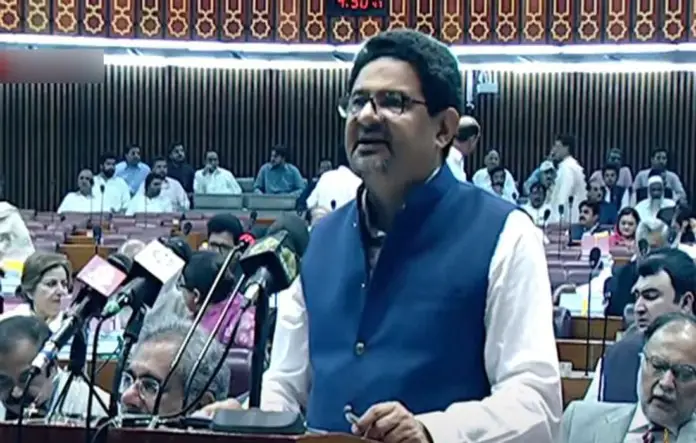The Pakistan Muslim League-Nawaz (PML-N)-led coalition government has identified domestic political uncertainty, Russia-Ukraine war, provincial deficits and losses and debts faced by state owned enterprises as major risks to next year’s budget.
Finance Minister Miftah Ismail and Secretary Finance Hamed Yaqoob, in a statement to the parliament under the Public Finance Act as part of the budget for the next fiscal year, have pointed out increasing expenditures as a result of higher subsidies and interest payments, lower revenue due to import and demand reduction as being a threat to maintaining fiscal and monetary predictions.
The statement also identified high generation cost along with poorly designed contracts as major reasons for the losses facing the power sector.
The statement detailed that a notable progress has been made in certain areas and the remaining risks would be addressed through specially devised strategies. The statement assured that risk management strategy would definitely help overcome the problems related to transparency and credibility.
Moreover, the inflation during the next fiscal year would depend upon the cost incurred due to imported fuels and hence could affect the wider economy in the form of lower GDP, current account deficit, fiscal deficit and public debt. Additionally, the abrupt rises in fuel import costs can contribute towards the volatility in exchange rates and interest rates.
The statement also pointed out that a reduction in the country’s overall fiscal deficit was dependent on a rigid fiscal discipline on part of the provinces.
The Russia-Ukraine war has also been identified as an important factor to the country’s economic outlook mainly due to increased oil and food prices along with a hinderance to trade supplies.
Political uncertainty in Pakistan has also been mentioned as cause of imbalances in the economy.
The statement also laid emphasis on the importance of fiscal buffers in order to avoid any uncalculated risk to the country’s economy.







